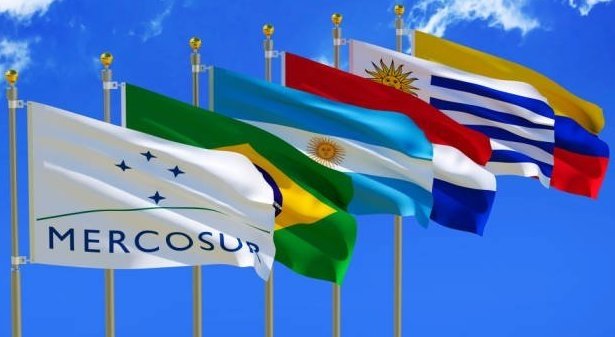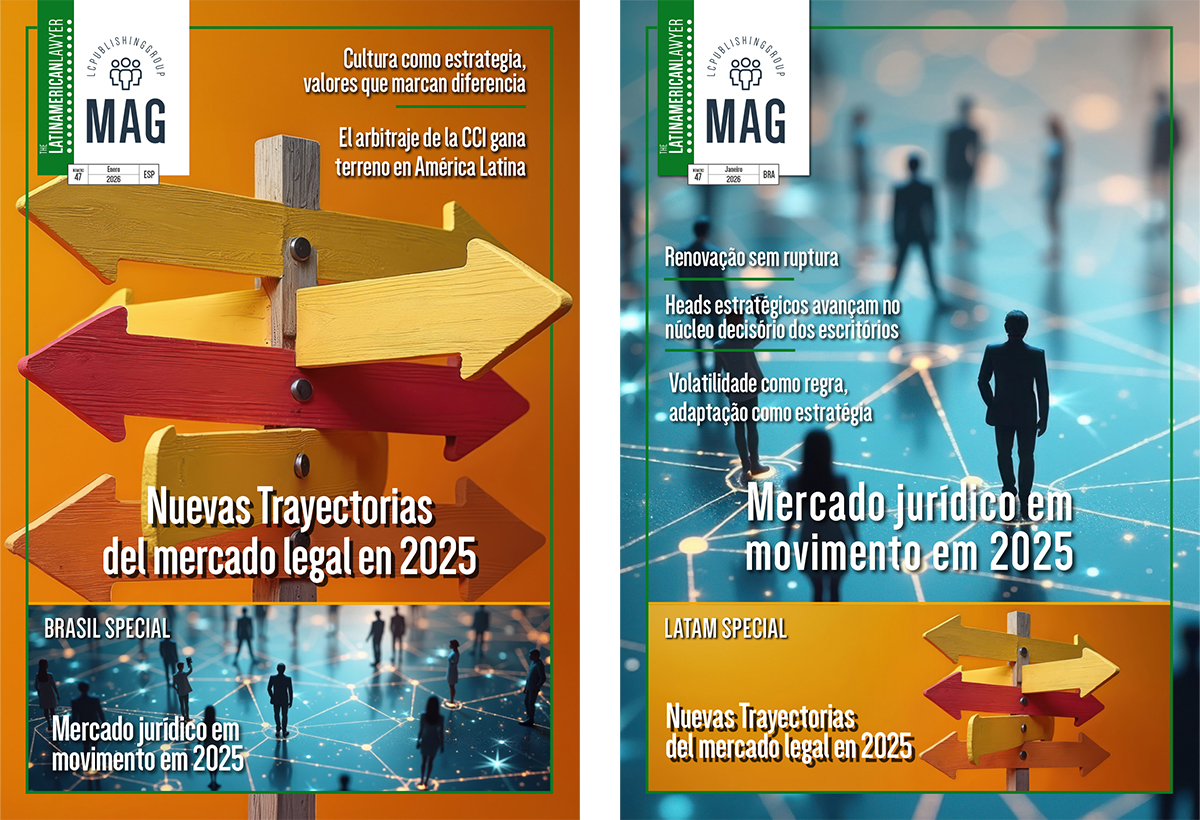Mercosur, EU agree free trade agreement

Mercosur, the common market bloc of four South American countries — Argentina, Brazil, Paraguay and Uruguay — has reached a draft agreement for a free trade deal with the European Union (EU) after almost 20 years of negotiations.
 The free trade agreeement would be the largest the EU has signed and its importance was highlighted by leaders on both sides of the Atlantic. European Commission president Jean Claude Juncker said the signatories “are sending a strong signal that we stand for rules-based trade”, while Brazilian President Jairo Bolsonaro said: “This will be one of the most important trade agreements of all time and will bring enormous benefits to our economy.”
The free trade agreeement would be the largest the EU has signed and its importance was highlighted by leaders on both sides of the Atlantic. European Commission president Jean Claude Juncker said the signatories “are sending a strong signal that we stand for rules-based trade”, while Brazilian President Jairo Bolsonaro said: “This will be one of the most important trade agreements of all time and will bring enormous benefits to our economy.”
The free trade deal has been hailed as potentially increasing trade between the two blocs, which currently totals around €88 billion ($100 billion) in goods and €34 billion in services annually, and creating economic growth and new employment for the two regions’ 770 milion people.
Under the deal, the EU would eventually abolish 92 per cent of the taxes levied on Mercosur imports, while the South American bloc would gradually eliminate its duties on 91 per cent of imported EU goods, which the European Commission says amounts to €4 billion annually. This includes tariffs on clothing of up to 35 per cent, chemicals up to 18 per cent, and on wine of up to 27 per cent.
In addition, Mercosur farmers would be allowed to export a set amount of beef at a preferential tariff rate and 180,000 tons of sugar and 100,000 tons of chicken to the EU each year.
European companies would be able to bid for government contracts in the four Mercosur countries on equal terms as domestic companies for the first time as part of the deal.
As a safeguard against dumping, both blocs could use emergency tariffs or similar measures to prevent particular imports, including agricultural products, and which would allow governments to temporarily defend sensitive sectors that have difficulty competing under the new rules.
There will also be denomination of origin rules, with certain companies granted exclusive rights to use geographic place names for their goods, such as Parma ham or Champagne, and obliges the Mercosur member countries to protect 357 European geographic indicators and commits the EU to protecting several South American indicators.
The deal also includes wording to protect food, environmental and working standards in both blocs, and explicitly commits all signatories to the emissions reduction targets of the 2015 Paris climate deal and a commitment to fighting deforestation.
The talks, which began in 2000, stalled several times as both blocs expressed concerns about opening up their relatively protected or politically sensitive industries to more competition.















